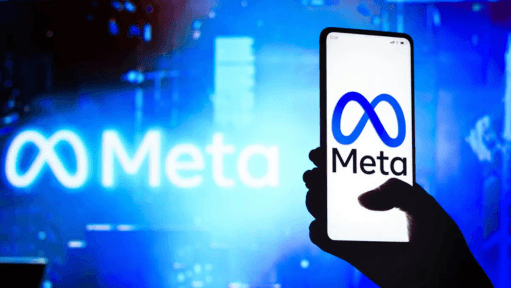
Meta Ends US Fact-Checking Program, Sparking Concerns Over Disinformation
Legal and Social Implications of Meta’s Policy Shift
Meta’s recent decision to terminate its fact-checking program in the United States has raised alarms among researchers and legal experts. This move, announced by CEO Mark Zuckerberg, marks a significant departure from the tech giant’s earlier content moderation strategies. The decision comes amid heightened concerns about the spread of disinformation and its impact on public trust and democratic processes.
Legal Concerns Surrounding Fact-Checking Termination
The cessation of fact-checking by Meta introduces potential legal risks. Content moderation policies have been central to discussions around platform liability under Section 230 of the Communications Decency Act (CDA). By ending fact-checking, Meta’s reliance on user-generated tools like "Community Notes" may expose it to increased scrutiny under existing laws governing misinformation.
-
Platform Accountability: With the absence of structured fact-checking, there is a heightened risk that platforms like Facebook and Instagram could become conduits for harmful misinformation, leading to potential legal challenges around negligence or failure to prevent harm.
-
Defamation Risks: Without rigorous fact-checking mechanisms, Meta may face lawsuits from individuals or organizations claiming reputational damage from unchecked false narratives.
Impact on Content Moderation and Free Speech
Meta’s shift to a user-driven approach for moderation, similar to the crowd-sourced tools used by other platforms, raises questions about the effectiveness of such mechanisms in filtering disinformation. While the move aligns with broader claims of promoting free speech, the absence of robust safeguards could allow false content to flourish unchecked.
Legal experts caution that balancing free speech with the responsibility to curb harmful content is critical, as failure to do so could undermine public safety and democratic discourse.
Financial and Operational Fallout
The termination of the fact-checking program will significantly impact third-party organizations that partnered with Meta. Many of these entities relied on funding through the program, and its discontinuation may weaken global efforts to counter disinformation.
-
Economic Repercussions: Fact-checking organizations, particularly those in the United States, now face reduced funding, potentially limiting their ability to operate effectively.
-
Global Ripple Effect: Since Meta collaborates with fact-checkers in over 80 organizations globally, the US decision may influence the program's future in other regions.
Broader Social Implications
The reliance on user-generated moderation tools may have unintended consequences. Research has shown that crowd-sourced moderation systems are often influenced by partisan biases, potentially exacerbating polarization in an already divided society.
Furthermore, this policy shift may diminish user trust in Meta’s platforms, as individuals seeking accurate information could find themselves navigating an environment rife with unverified claims.
Legal and Ethical Responsibility
Meta’s decision to end fact-checking has sparked discussions about the ethical responsibilities of tech companies. The absence of structured moderation could lead to increased pressure from regulatory bodies to implement more transparent and accountable practices.
While this move may align with Meta’s strategic priorities under a new political climate, it underscores the growing tension between platform autonomy and societal responsibility. The legal and social challenges arising from this decision will likely shape the future of content moderation in the tech industry.
For any enquiries or information, contact info@thelawreporters.com or call us on +971 52 644 3004. Follow The Law Reporters on WhatsApp Channels